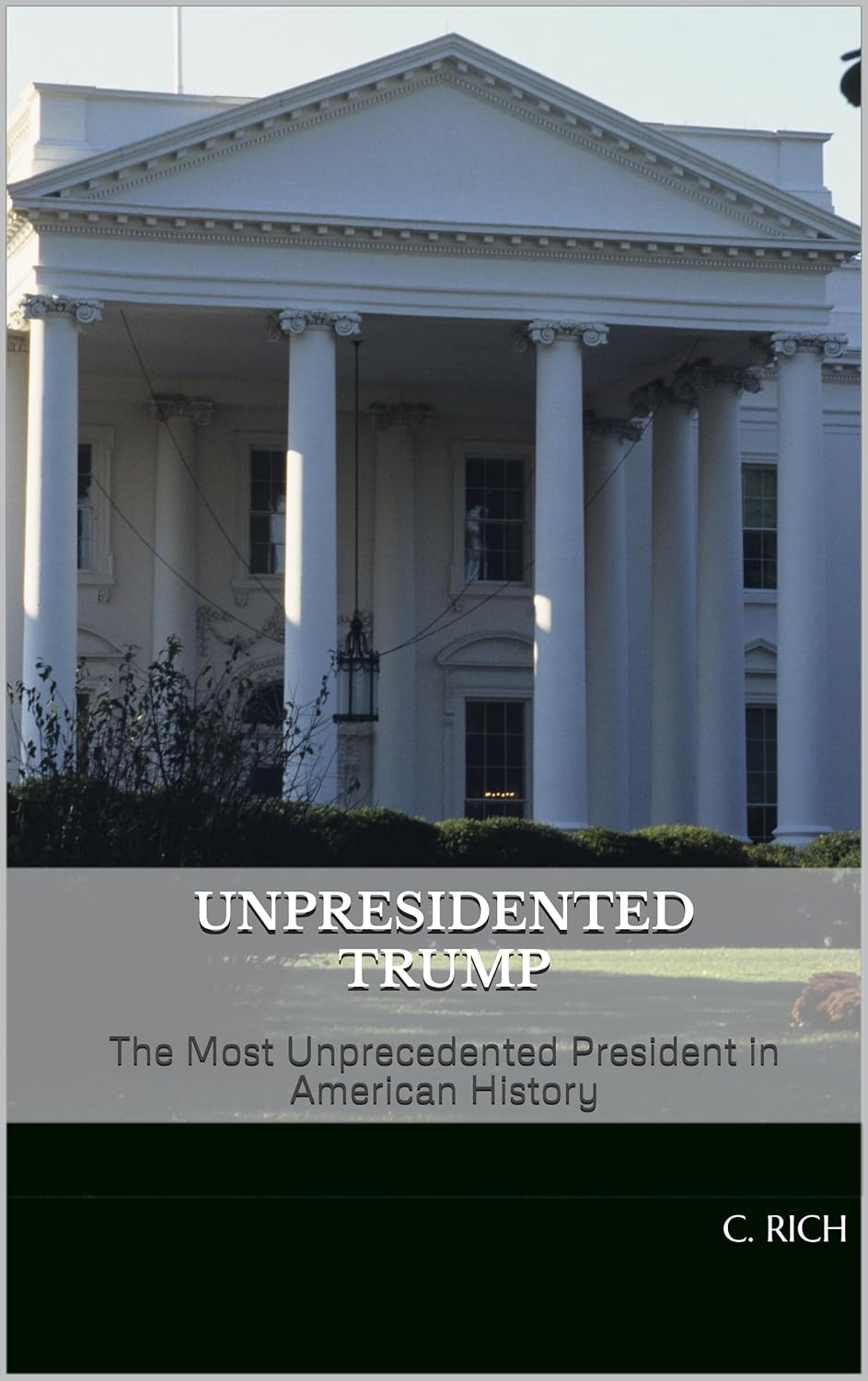
UnPresidented Trump: The Most Unprecedented President in American History
November 20, 2024
Understanding Obama’s Deep State
November 25, 2024BRICS’ Growing Influence Problem
The potential danger of BRICS (Brazil, Russia, India, China, and South Africa) to America, particularly in terms of losing the U.S. dollar’s status as the world’s default currency, is a significant geopolitical and economic concern. Since the end of World War II, the U.S. dollar has dominated global trade and finance, providing the United States with extraordinary economic leverage. However, with the rise of BRICS and their collective efforts to challenge the dollar’s supremacy, the U.S. may face profound economic and strategic risks.
BRICS countries account for over 40% of the world’s population and roughly a quarter of the global GDP. Over the years, they have developed stronger economic and political ties, aiming to reduce their reliance on the dollar-dominated global financial system. This coalition’s strategic importance stems from its natural resources, industrial power, and growing financial cooperation. For instance, China, the second-largest economy in the world, has been aggressively promoting the use of its currency, the yuan, in international trade and financial settlements. Russia, isolated from Western financial systems due to sanctions, has also pushed for the de-dollarization of its economy.
To challenge U.S. financial dominance, BRICS has created initiatives like the New Development Bank (NDB) to compete with Western-led institutions such as the IMF and the World Bank. These efforts are designed to provide alternatives to U.S.-backed financial systems and to foster more economic independence from the dollar.
The U.S. dollar’s position as the world’s default currency is a cornerstone of American power. Global commodities, including oil, are primarily priced and traded in dollars, and central banks around the world hold vast reserves of U.S. currency. This status gives the U.S. enormous advantages, including the ability to run large trade deficits and borrow at lower interest rates because of the high demand for dollars.
However, if BRICS nations succeed in reducing the dollar’s dominance, this could dramatically alter the global financial system. Countries may start pricing oil and other commodities in alternative currencies like the Chinese yuan or even in a basket of BRICS currencies. This shift could reduce demand for the U.S. dollar, driving inflation higher as the value of the dollar declines relative to other currencies.
The loss of the dollar’s reserve currency status would have far-reaching consequences for the U.S. economy. First, it would weaken America’s ability to influence global trade and finance. The U.S. sanctions regime, often used as a tool of foreign policy, could lose its potency if other countries and financial institutions bypass the dollar for transactions. For example, if countries can settle their oil purchases with currencies other than the dollar, they can effectively sidestep U.S. financial controls.
Second, a reduced demand for dollars could lead to higher borrowing costs for the U.S. government. This, in turn, could worsen the national debt situation, leading to potential cuts in public spending and social programs. Higher inflation could also result from the dollar’s depreciation, eroding the purchasing power of American citizens and leading to a lower standard of living.
Beyond economic factors, the U.S. losing its default currency status would symbolize a shift in global power dynamics. BRICS’ challenge to the dollar reflects broader multipolarity in global governance, where emerging powers like China and Russia seek to weaken the post-World War II U.S.-dominated order. If BRICS succeeds, the global influence of the United States will likely diminish, both economically and politically.
While the BRICS bloc poses no immediate threat to the U.S. dollar’s dominance, their efforts signal a significant problem. If BRICS continues to grow in influence and successfully create alternative systems, the U.S. faces the potential loss of the dollar’s reserve currency status. Such a development would not only weaken America’s economic standing but also diminish its global geopolitical influence.
C. Rich
CRich@AmericaSpeaksInk.com

C. Rich is the voice behind America Speaks Ink, home to the America First Movement. As an author, poet, freelance ghostwriter, and blogger, C. Rich brings a “baked-in” perspective shaped by growing up on the streets and beaches of South Florida in the 1970s-1980s and brings a quintessential Generation-X point of view.
Rich’s writing journey began in 2008 with coverage of the Casey Anthony trial and has since evolved into a wide-ranging exploration of politics, culture, and the issues that define our times. Follow C. Rich’s writing odyssey here at America Speaks Ink and on Amazon with a four-book series on Donald Trump called “Trump Era: The MAGA Files” and many other books and subjects C. Rich is known to cover.
“America Speaks Ink is a Google News approved source for Opinion”





